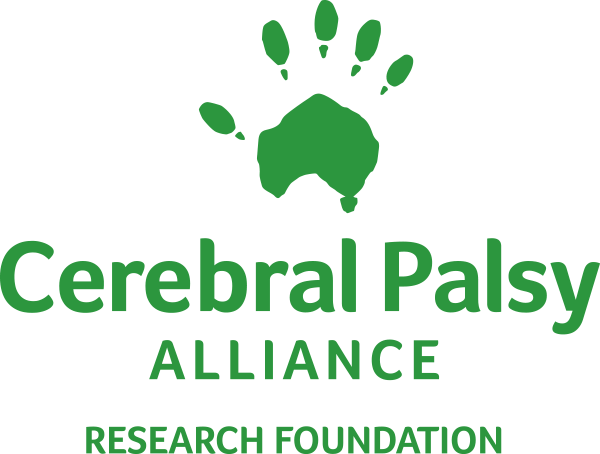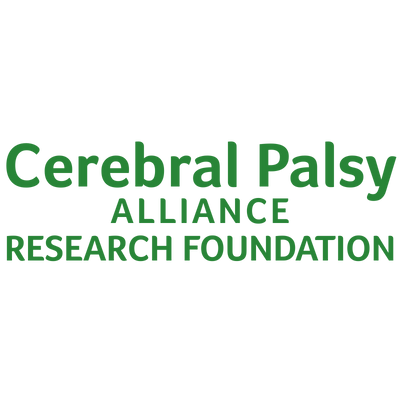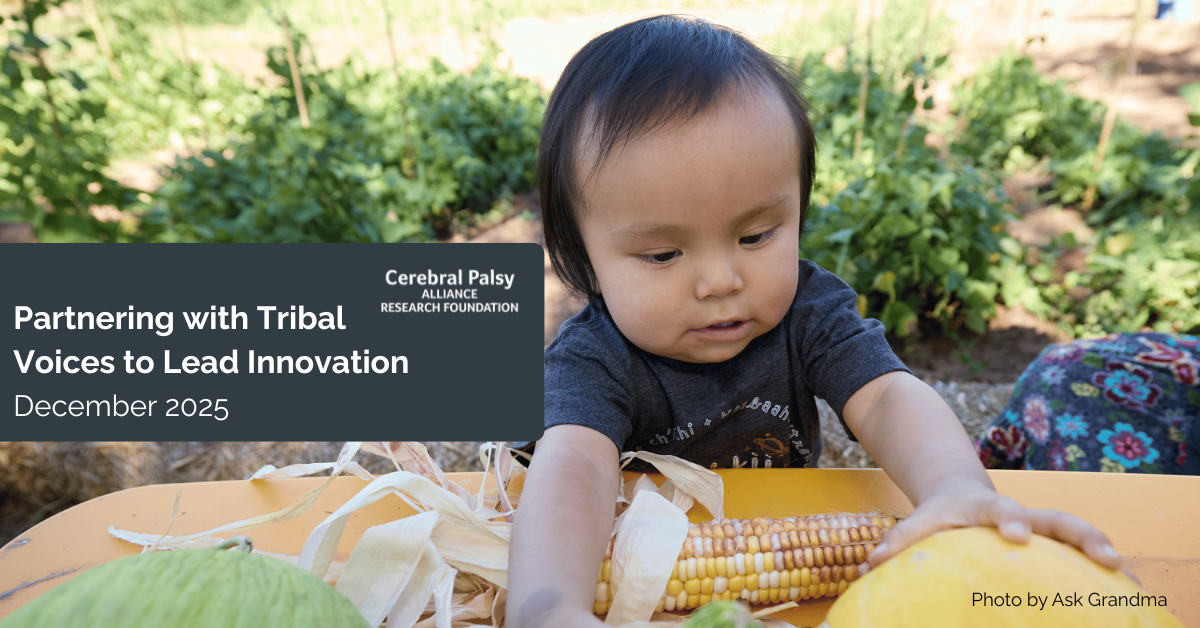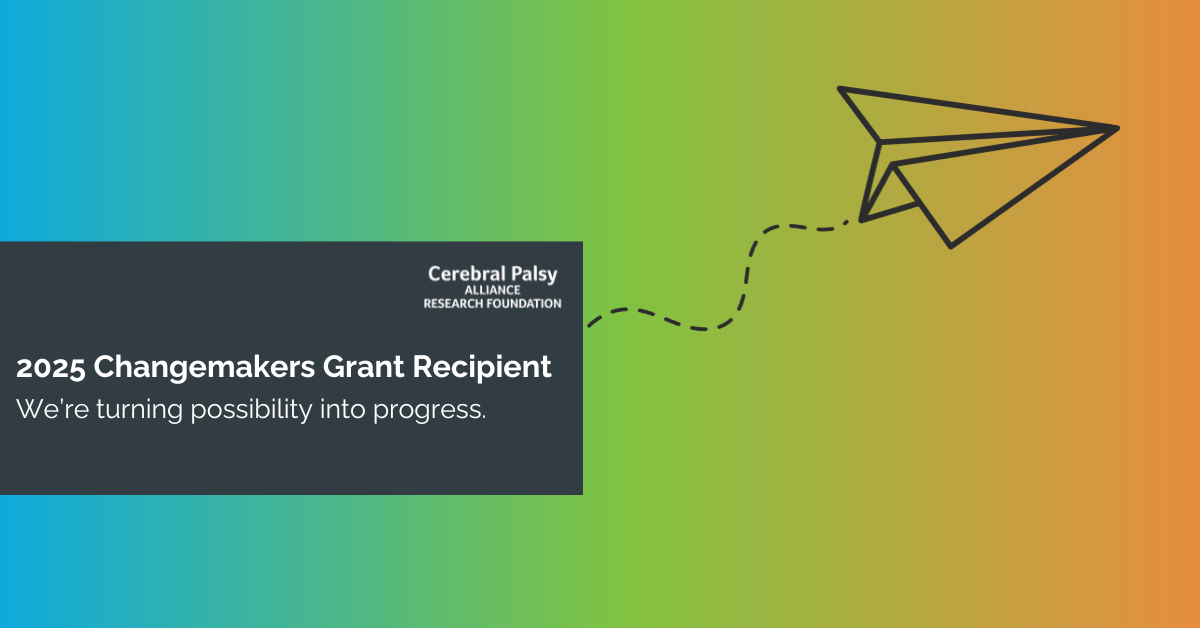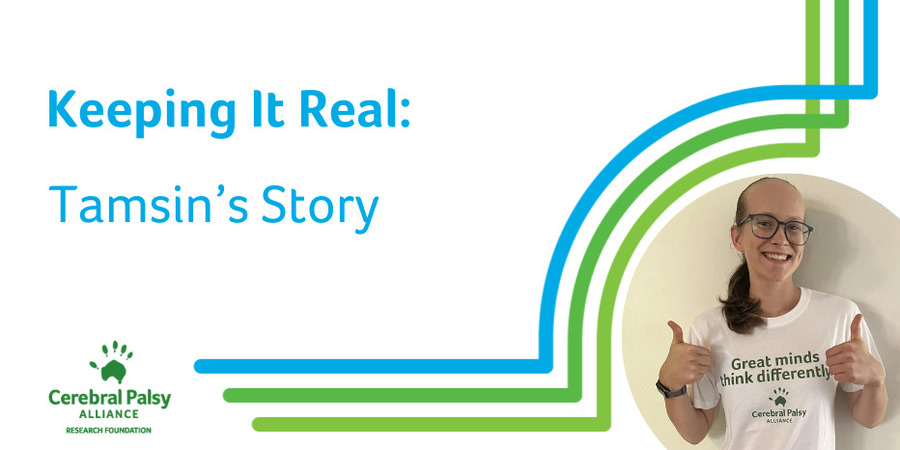
KEEPING IT REAL: Tamsin’s Story, Part Three*
By Tamsin Colley
What was the biggest challenge you faced as a Paralympian and how did you handle it?
The biggest challenge I have ever faced, and still do face, is not seeing myself as a Paralympian. This is partly because I was a late selection to the Rio Paralympics due to the Russian team getting excluded. So I had to fly up later than everyone else and missed the staging camp.
But mostly, I think it’s because society doesn’t view Paralympians as equal to Olympians. Rather they view the Paralympics as a sort of participation event. Whereas it’s actually the highest level of competition para-athletes can get to just like the Olympics and Paralympians should be given the same amount of respect and funding as Olympians. Improvements have been made recently with Paralympians earning equal prize money at the Paralympics as Olympians at the Olympics, but there are still massive disparities between funding for elite para-athletes compared to able-bodied athletes at a national level.
For example, due to funding constraints, the Australian team for the Paralympics is much smaller than for the Olympics, so the qualifier is set at fifth in the world for the Paralympics but is lower for the Olympics. I would’ve come seventh at the Paralympics in 2021 with my Personal Best time, but unfortunately the qualifier was set too fast for me to reach. This is the case for many Australian para-athletes, and I’m sure para-athletes elsewhere too. But this has only motivated me to keep trying harder to make more Australian teams and prove myself to the world and myself!
What are some adaptations you've made as an autistic person with cerebral palsy?
The main aspect of my autism that impacts my day-to-day life is my sound sensitivity. Before I knew that I had autism, I was diagnosed with misophonia, and got some hearing aids that act as sound generators. I have one specific sound that I stream from my watch to my hearing aids at a low level which helps me process other auditory input! Having cerebral palsy and autism together can be quite frustrating, especially as my autistic brain wants to do things in plenty of time but my cerebral palsy sometimes means that I take more time to do it. An example of this is in airport security lines, where you need to get your laptop out of your bag to go through the screening. Due to having autism, I get flustered if I don’t do things in plenty of time, so I try to take my laptop out at the start of the queue. But my coordination impairments from cerebral palsy mean that I struggle with this and may drop things or take too long which leads to even more frustration!
What do you hope to achieve in the next few years?
My main goal for the next few years is to just keep training to improve my times and skills in my two favourite sports of Football and Athletics. My long-term goal is to qualify and get selected for either another Paralympic Games, or an IFCPF World Cup in CP Football. I also aim to keep achieving at a distinction level in my course at university and try my best in my study to become an Exercise Physiologist! Plus, I hope to contribute to getting more people involved in sport through my work with CPSARA and through my social media pages. I really enjoy having these three main focuses as it prevents me from getting too caught up in one aspect and if I am not achieving well in one aspect, I can just focus on other goals!
Catch up with parts one & two and stay tuned for the final part next week!
*Tamsin's story is part of KEEPING IT REAL — a series of personal stories that will take you deeper into the lives of people with CP. Each person makes different choices based on what works for them, and we’ll showcase that — highlighting what life is like for them on a daily basis, what they care about, and the ways CP impacts them.
The KEEPING IT REAL blog is intended solely to raise awareness about the varied human experience with cerebral palsy and shouldn't be read or construed to contain any medical advice or medical endorsement by Cerebral Palsy Alliance Research Foundation. Only you and your doctor know what's best for you. Please consult your doctor for medical advice.
Fri 05 Dec 2025
An update on one of our most important initiatives: expanding access to life-changing assistive technology for Native Americans with disabilities.
Fri 10 Oct 2025
We’re thrilled to share an exciting milestone from CPARF’s Changemakers Program — our inaugural community-voted research study has been selected!
